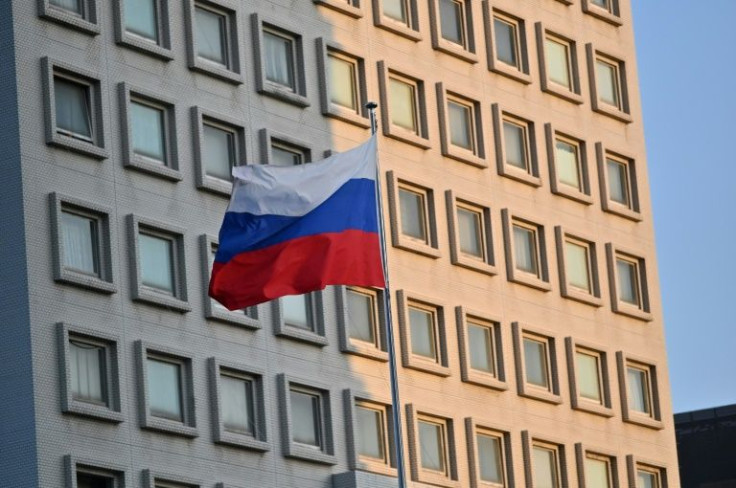Japan Says Disputed Islands 'Illegally Occupied' By Russia
Japan described four disputed islands as "illegally occupied" by Russia for the first time in nearly two decades on Friday as ties sour between the countries over the war in Ukraine.
The two nations have long been engaged in attempts to agree a post-World War II treaty, but the islands held by Moscow and claimed by Tokyo remain a key sticking point.
Japan's foreign ministry last used the expression to describe the islands, which Moscow calls the Kurils and Tokyo the Northern Territories, in its annual policy report in 2003.
This year's Diplomatic Bluebook report comes at a time when tough sanctions are being imposed on Russia by Japan and its G7 partners, and ahead of a key revision to Japan's national security strategy later this year.
"The greatest concern between Japan and Russia is the Northern Territories," it said, calling them "Japanese territories over which Japan holds sovereign rights, but are currently illegally occupied by Russia".
Similar language had been used in previous years but without the "illegally occupied" phrase.

The ministry also said the Ukraine crisis would stall its treaty talks with Russia.
Moscow said it would drop the talks last month, citing the "impossibility" of continuing discussions as Tokyo was "striving to cause harm to the interest of our country".
On Friday, Kremlin spokesman Dmitry Peskov said the islands are "inalienable territory of the Russian Federation".
"At a time when Japan has become an unfriendly country and has joined in a whole series of hostile actions towards our country, it is really very difficult to talk about the continuation of the negotiation process," he told reporters.
Friday's report took a cautious tone on China, even though Japan has previously expressed concern over Beijing's increasing maritime activities in the region.
"It is important to build a constructive and stable Japan-China relationship," it said, while reiterating concern over Beijing's "attempts to change the status quo by force in the East and South China Seas".
© Copyright AFP {{Year}}. All rights reserved.





















